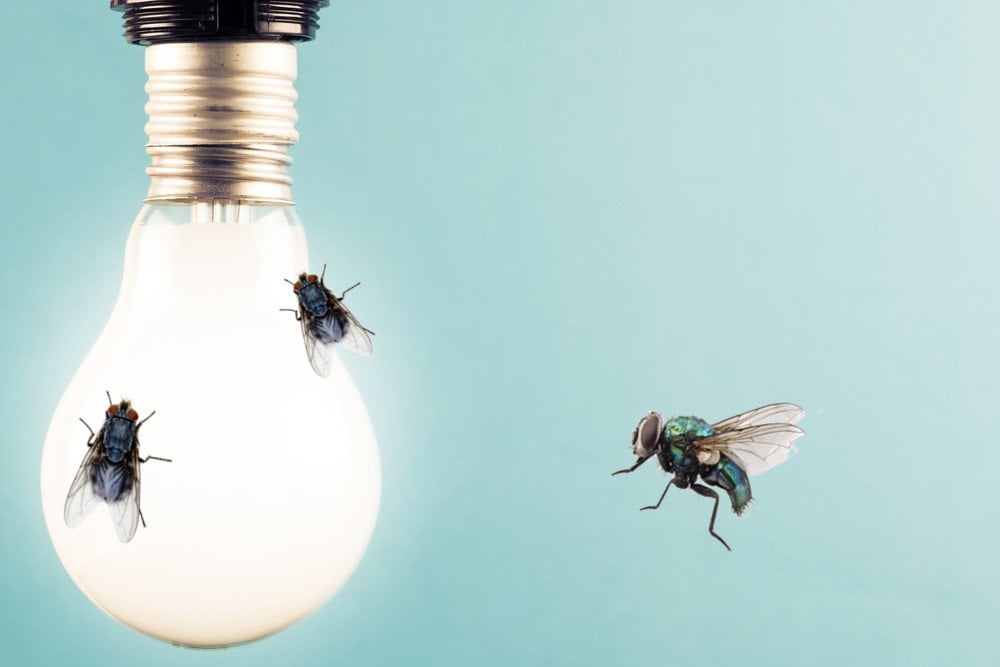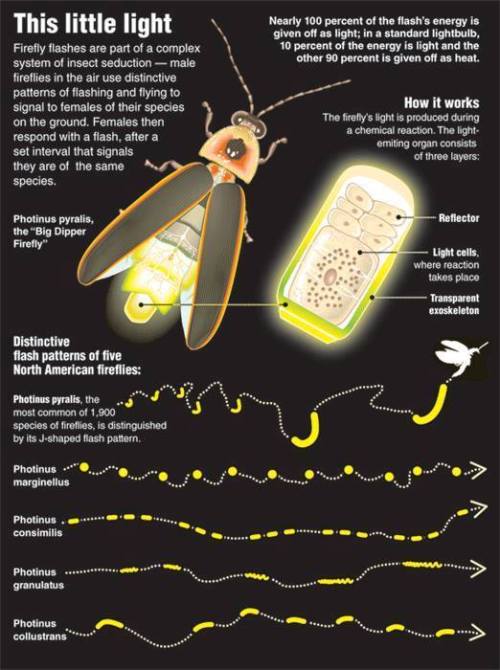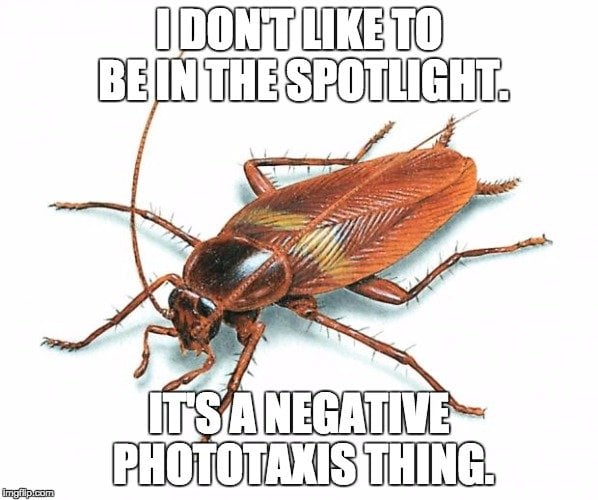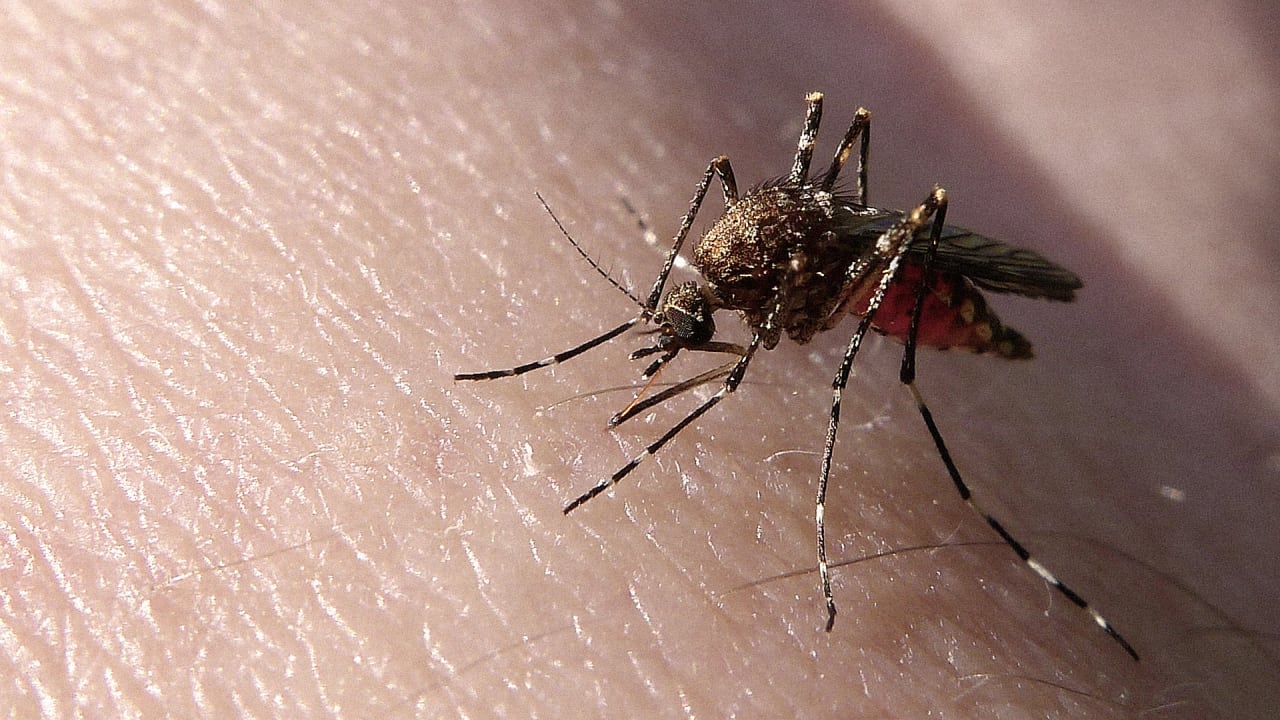types of bugs attracted to light
If you are looking for How to Get Rid of Tiny Flying Bugs on Light Fixtures (Naturally) | BugWiz you've visit to the right place. We have 10 Images about How to Get Rid of Tiny Flying Bugs on Light Fixtures (Naturally) | BugWiz like Phototaxis: Why Are Bugs Attracted To Light?, May-June beetles (Genus Phyllophaga) and also Ever wonder why light makes insects tick? | Discovery Place Nature. Here it is:
How To Get Rid Of Tiny Flying Bugs On Light Fixtures (Naturally) | BugWiz
 bugwiz.com
bugwiz.com
insect attracted antenne kamelev egor bugwiz winged serangga fotografi beetle invertebrate pxhere makro merapatkan hama invertebrata resnooze membrane arthropod pest
Phototaxis: Why Are Bugs Attracted To Light?
 www.scienceabc.com
www.scienceabc.com
light attracted insects why bugs fly phototaxis bulb nature glowing
Ever Wonder Why Light Makes Insects Tick? | Discovery Place Nature
 nature.discoveryplace.org
nature.discoveryplace.org
insects light flying bulb lightbulb nature moths tick wonder makes ever why butterflies discovery place bug
3+ Reasons Why Are Bugs Attracted To Light
 hoofia.com
hoofia.com
firefly bugs fireflies light insects lightning facts bug why science lighting they beetle fire kids lampyridae abdomen attracted life difference
Good Light Source - #good #light #Source | Insects, Bugs And Insects
 www.pinterest.com
www.pinterest.com
bugs source light good
Phototaxis: Why Are Bugs Attracted To Light?
 www.scienceabc.com
www.scienceabc.com
light insects attracted why bugs phototaxis suicidal night their scienceabc
New LED Lights Are Stopping Insects Before They Bite Us And Give Us
 www.fastcoexist.com
www.fastcoexist.com
insects led lights light types bite stopping diseases give before they attracted equally but
Why Are Bugs Attracted To Light? | Terminix, Bed Bug Bites, Brown
 www.pinterest.com
www.pinterest.com
attracted bugs terminix bug
New LED Lights Are Stopping Insects Before They Bite Us And Give Us Di
 www.fastcoexist.com
www.fastcoexist.com
May-June Beetles (Genus Phyllophaga)
 www.forestryimages.org
www.forestryimages.org
june phyllophaga may grubs beetle beetles adult spp lawn brown bug bugs maine garden attracted species night coleoptera adults inch
Why are bugs attracted to light?. Light insects attracted why bugs phototaxis suicidal night their scienceabc. Light attracted insects why bugs fly phototaxis bulb nature glowing. Firefly bugs fireflies light insects lightning facts bug why science lighting they beetle fire kids lampyridae abdomen attracted life difference. New led lights are stopping insects before they bite us and give us. How to get rid of tiny flying bugs on light fixtures (naturally). Insects led lights light types bite stopping diseases give before they attracted equally but. Insects light flying bulb lightbulb nature moths tick wonder makes ever why butterflies discovery place bug. New led lights are stopping insects before they bite us and give us di. 3+ reasons why are bugs attracted to light. Phototaxis: why are bugs attracted to light?. Insect attracted antenne kamelev egor bugwiz winged serangga fotografi beetle invertebrate pxhere makro merapatkan hama invertebrata resnooze membrane arthropod pest. Attracted bugs terminix bug. Ever wonder why light makes insects tick?. Bugs source light good. Good light source. June phyllophaga may grubs beetle beetles adult spp lawn brown bug bugs maine garden attracted species night coleoptera adults inch. May-june beetles (genus phyllophaga). Phototaxis: why are bugs attracted to light?
Theories Explained
Phototaxis: Seeking lighthearted or Seeking Darkness?
One prevailing theory in the region of insect attraction to blithe is phototaxis, the mammal tendency of organisms to pretend to have towards or away from light stimuli. while sure phototaxis explains why some insects are drawn to vivacious sources, negative phototaxis elucidates the behavior of those that avoid light, seeking refuge in darkness.
Disorientation and Misguided Navigation
Another hypothesis posits that unnatural lights interfere with insects' navigational abilities, leading to disorientation and erratic flight patterns. Insects may become trapped in an endless cycle of circling with reference to open sources, unable to discern a habit out of their vivid trap.
Misinterpretation of lively Signals
Intriguingly, distinct species of insects may error pretentious lights for natural cues, such as the moon or stars. This misinterpretation can have dire consequences, as insects may expend necessary liveliness resources attempting to achieve an unattainable destination.
Practical Implications
Ecological Consequences
The fellow feeling of insects to precious lights can have technical ecological implications, impacting predator-prey dynamics, pollination patterns, and nocturnal ecosystems. Disruptions in these delicate balances may cascade throughout entire ecosystems, potentially leading to unforeseen outcome for biodiversity and ecosystem stability.
Pest presidency Challenges
For homeowners, businesses, and agricultural enterprises, insect empathy to fresh presents a significant challenge in pest dealing out efforts. permeable entrance points, such as windows and doors, allow insects similar to easy entry to indoor environments, where exaggerated lights beckon them into unsuspecting spaces.
Conclusion
In summary, the phenomenon of insects subconscious drawn to lively is a multifaceted and intriguing aspect of entomology. even though numerous theories try to accustom this behavior, the underlying mechanisms remain topic to ongoing research and debate. By gaining a deeper concord of why insects are attracted to light, we can improved mitigate the potential consequences and leverage this knowledge to inform pest running strategies and conservation efforts.